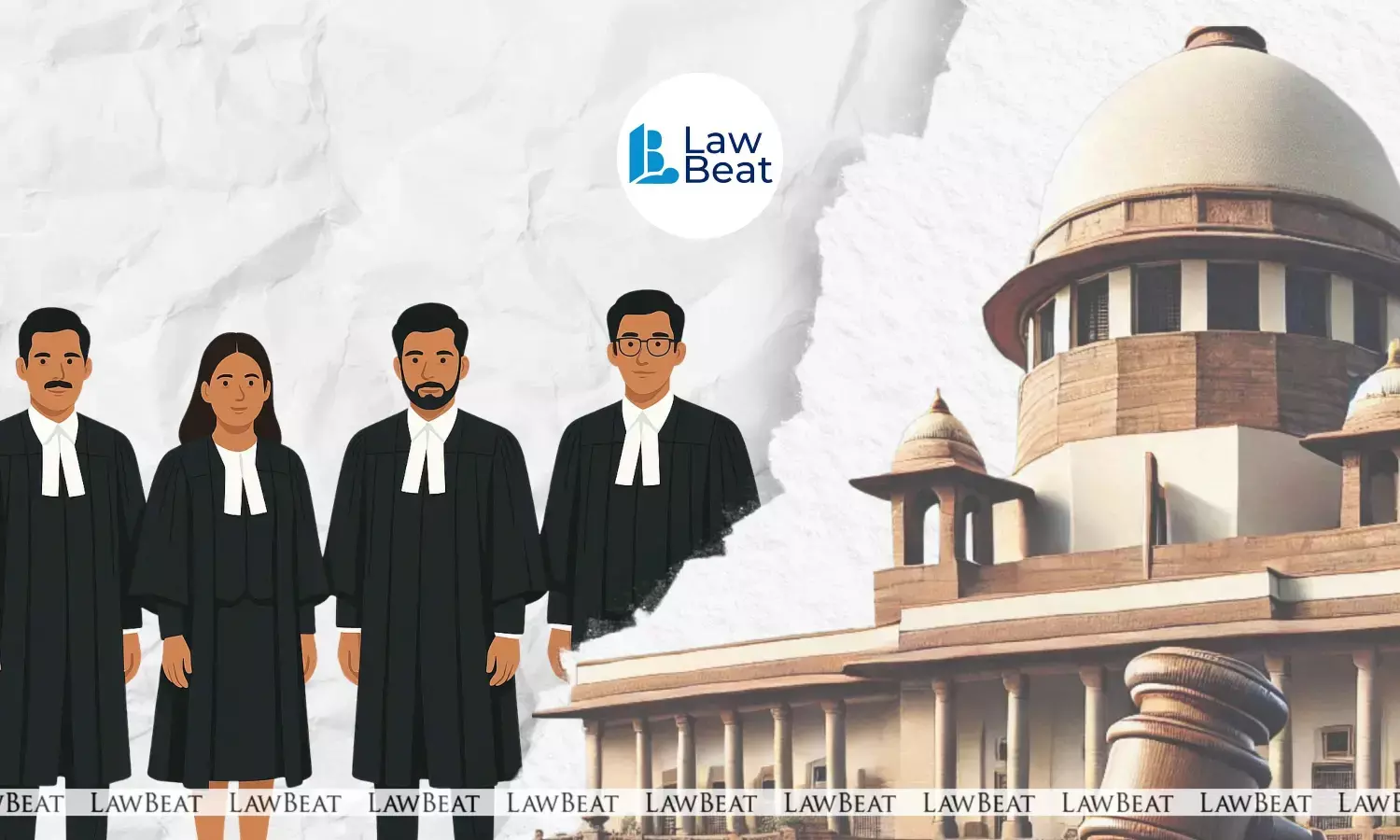POSH Act's applicability on lawyers: Supreme Court seeks BCI's reply on plea

Supreme Court had held that State Bar Councils cannot charge “enrolment fees” beyond the express legal stipulation under Section 24(1)(f) as it currently stands.
A plea has been filed before the Supreme Court of India under Article 32 seeking application of the Sexual Harassment of Women at Workplace (Prevention, Prohibition and Redressal) Act, 2013 (POSH Act) on lawyers.
The plea filed by Seema Joshi, also challenges the Bombay High Court ruling that the provisions of the POSH Act do not apply to advocates, as there is no employer-employee relationship between Bar Councils and members of the legal profession.
A bench of Justices BV Nagarathna and R Mahadevan has issued notice on the plea seeking a response from the Bar Council of India.
“The Preamble to the POSH Act itself states that sexual harassment violates a woman's fundamental rights to equality under Articles 14 and 15, life and dignity under Article 21, and freedom to practice any profession under Article 19(1)(g), which includes the right to a safe environment free from sexual harassment. The very object and design of the statute is to give effect to these rights, and any interpretation that excludes women advocates from its protection is contrary to the constitutional purpose that the Act seeks to fulfil”, the petition states.
Relying on the decision in Medha Kotwal Lele v. Union of India wherein Supreme Court had itself directed the BCI to ensure the implementation of the Vishaka guidelines, meant to curb sexual harassment in the workplace, across all Bar bodies, the plea argues that by ignoring this binding precedent, the Bombay High Court's ruling is per incuriam.
Division Bench of the Bombay High Court comprising former Chief Justice Alok Aradhe and Justice Sandeep Marne had in July dismissed a public interest litigation filed in 2017 by the UNS Women Legal Association, which had sought the constitution of permanent Internal Complaints Committees (ICCs) within the Bar Council of Maharashtra and Goa (BCMG) and the Bar Council of India (BCI).
“Neither the Bar Council of India nor the Bar Council of Maharashtra and Goa can be said to be the employers of advocates. Thus, the provisions of the POSH Act do not apply,” the Court had held. While rejecting the petition, the Court emphasized that women advocates are not without remedy in cases of harassment by fellow lawyers. It pointed to Section 35 of the Advocates Act, 1961, which empowers State Bar Councils to inquire into allegations of professional or other misconduct against advocates.
The Court had clarified that while the POSH Act, 2013 is inapplicable to advocates in their professional capacity, it remains fully enforceable in respect of the employees of Bar Councils or Bar Associations, subject to the statutory threshold of having ten or more employees.
Notably, the supreme court recently dismissed a similar petition seeking urgent directions to bring political parties within the ambit of the Sexual Harassment of Women at Workplace (Prevention, Prohibition and Redressal) Act, 2013 (POSH Act). CJI BR Gavai led bench said the issue fell within the Parliament's domain.
The petitioner, a practicing Supreme Court Advocate and member of the SCBA, asserted that despite the POSH Act’s expansive definitions of “employee” and “workplace,” women engaged in political work, particularly at the grassroots, continue to face rampant sexual harassment with no structured redressal mechanism in place. The petition also noted that India has over 2,764 registered political parties; including 57 State parties, yet only a handful have Internal Complaints Committees (ICCs). For instance, CPI(M) reportedly has ICCs with external members, while major parties like BJP and Congress rely on disciplinary committees at the State level, lacking transparency and statutory compliance.
Case Title: SEEMA JOSHI vs. BAR COUNCIL OF INDIA
Hearing Date: August 29, 2025
Bench: Justices Nagarathna and Mahadevan
